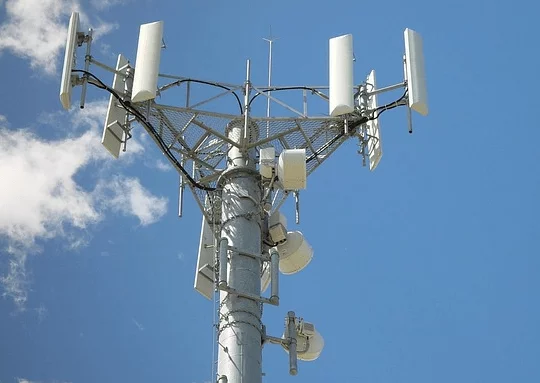Reliance Jio the ambitious telecom comeback of billionaire Mukesh Ambani seems to have different views on the matter of imposition of spectrum holding caps by telecom operators in a service area. The current norms do not allow an operator to hold more than 25% of the total cumulative spectrum in all bands in a given service area and not more than 50% of the cumulative spectrum available within a particular frequency band. TRAI had floated a consultation paper for obtaining the views of the telecom operators for the revision of these caps.
Incumbent operators Bharti Airtel, Vodafone India and Idea cellular are of the view that the intra band cap of 50% should remain intact but the 25% overall spectrum holding cap should be increased. The incumbents have reasoned this by saying that larger operators possess a larger market share of subscribers (Over 30%) and thus the overall spectrum holding should also be proportionate while maintaining the intra band cap will prevent the monopolisation of any band (read as sub 1GHz band) by a single operator. Jio on the other hand has sent in its suggestion which says TRAI should rather consider removing the intra band cap of 50% and keep the 25% overall spectrum holding cap intact. Jio has reasoned this by saying that since all new spectrum put up for auction is technology neutral and liberalised, continuing with an intra band cap is redundant, but increasing of the overall spectrum cap above 25% would lead to a monopoly of the telecom market by the incumbents, 25% overall cap ensures a minimum of 4 operators in every licence area.
On the matter of spectrum pricing for the upcoming auctions for 850 MHz, 900 MHz, 1800 MHz and 2100 MHz, COAI is of the opinion that TRAI should set the reserve price as 80% of the auction discovered price of March 2015 spectrum, while Jio has suggested using the March auction discovered price to be set as the reserve price. Both parties are of the opinion that reserve price of 2300 MHz be the auction discovered price of the BWA auction of 2010 and reserve price of 2500 MHz be 80% that of 2300 MHz band due to poorer penetration and propagation characteristics.
Both parties also agreed that the 700 MHz band should not be auctioned for the next 2 years till there is an ecosystem of devices supporting band 28 in the Indian market, otherwise it would lead to a wasting of the precious resource. Telenor and Tata Docomo on the other hand have favoured the auction of 700 MHz spectrum in the first quarter of 2016 citing that by the time the spectrum is allotted by DOT and by the time the operators deploy it commercially, a good device ecosystem would have developed.
















